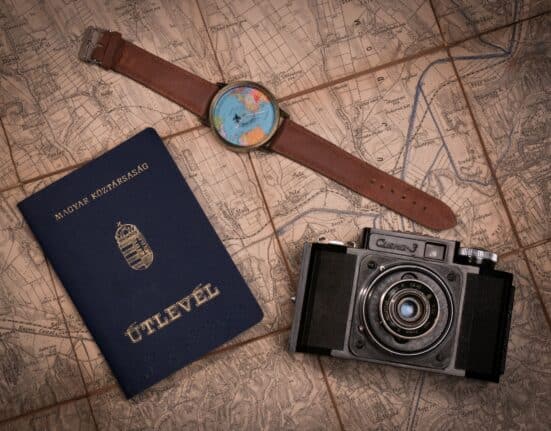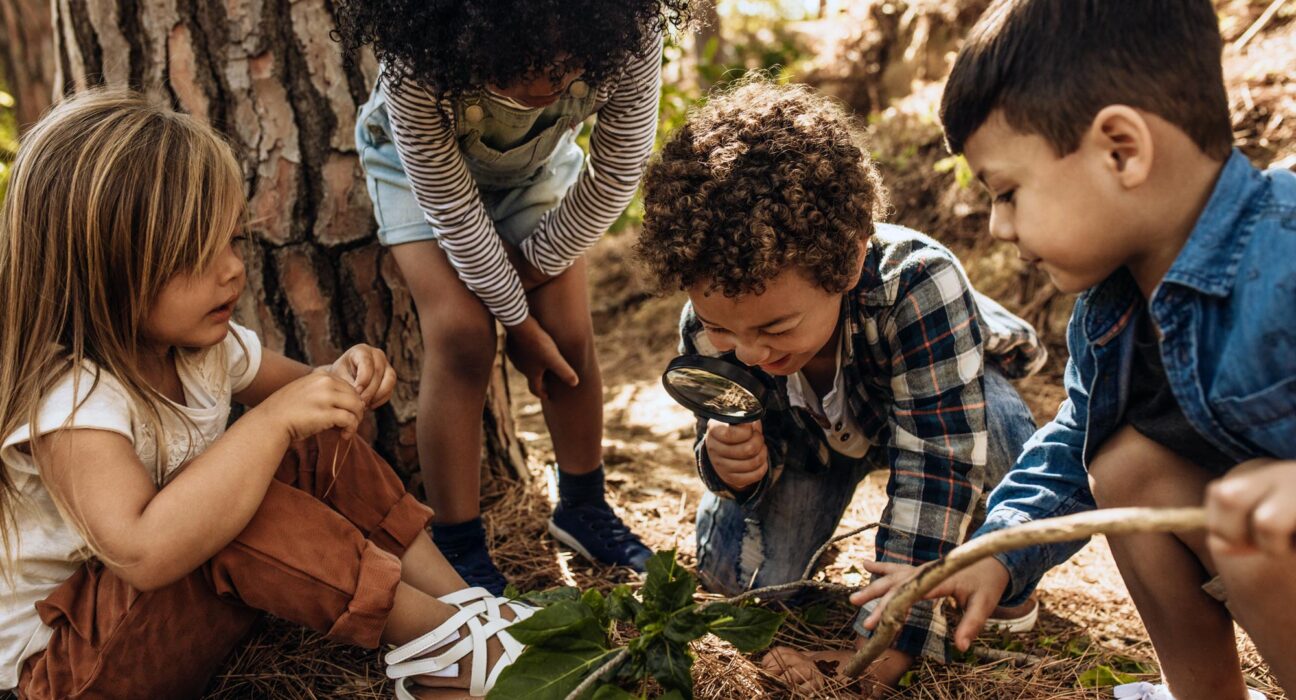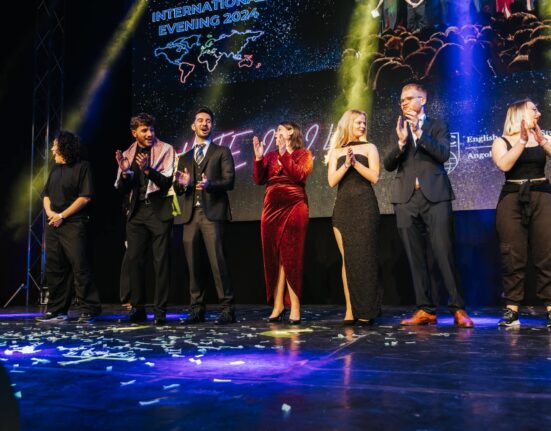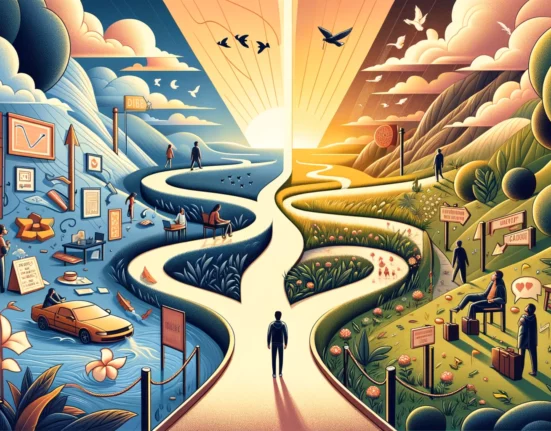Have you ever wondered why our inclination to ask questions diminishes as we enter adulthood? In our childhood, we freely asked about anything that piqued our curiosity. However, as we mature and face life’s profound queries, we often neglect the habit of questioning, even on matters that may seem trivial. What occurs during this transition that instills in us a reluctance to ask questions or seek help?
Albert Einstein, when asked about the secret to becoming the greatest mind of all time, replied that he always used to ask questions about everything from childhood. This practice set him apart in adulthood; he did not stop asking questions, eventually leading him to ask the right set of questions that mattered the most to the world.
The journey from being a curious, wide-eyed child to a quiet, introspective adult is a fascinating transformation that we all undergo. The boundless curiosity that defines our early years often gives way to a more reserved and contemplative demeanor as we mature. In this article, we’ll delve into the various factors and experiences that contribute to this evolution, offering insights that both students and readers can relate to and find intriguing.
Here are a few key points on the curiosity transition from childhood to adulthood:
The Curiosity of Childhood
In the beginning, as children, we are insatiably curious about the world around us. Every moment is an opportunity to explore, learn, and question. From asking “why” a thousand times a day to the never-ending pursuit of knowledge, curiosity defines our formative years. This natural inquisitiveness shapes our worldview and propels us towards learning and growth.
The Role of Education
As we progress through our school years, education plays a pivotal role in channeling our curiosity. We start to focus on structured learning and gradually begin to adapt to the established norms of society. The quest for knowledge becomes more organized, which often coincides with a reduction in our outspoken curiosity.
Social Influence
Peer pressure, societal norms, and cultural expectations all play a part in the transition from curious kids to quiet adults. Conforming to social standards can lead to a suppression of our curiosity. The fear of being labeled as different or unconventional can stifle the questions we once asked without hesitation.
Responsibilities and Priorities
With the passage of time, adulthood brings with it a host of responsibilities. The pursuit of a career, family life, and personal ambitions often take precedence. The demands of daily life can eclipse our youthful inquisitiveness as we adapt to our roles and responsibilities.
Embracing the Balance
Despite the changes that come with growing up, the journey from curiosity to contemplation doesn’t mean we lose our capacity to be inquisitive. As adults, we can strive to strike a balance between the curiosity of our youth and the responsibilities of adulthood. We can seek out opportunities for lifelong learning, foster a sense of wonder, and encourage a questioning mindset.
The transition from being a child who fearlessly asks questions to an adult who hesitates to do so is a complex process influenced by various factors. Let’s explore some reasons behind this shift:
Fear of Judgement
As we grow older, we become more aware of societal norms and expectations. The fear of being judged or labeled as ignorant can hinder our willingness to ask questions. This fear often stems from the desire to conform to social standards and maintain a certain image.
Cultural Conditioning
Many cultures emphasize respect for authority and elders, sometimes discouraging questioning. This cultural conditioning can lead individuals to suppress their natural curiosity and hesitate to challenge established norms. Even in educational institutions, open questioning was supposed to be encouraged, while the reality is often different.
Perceived Lack of Time
The demands of adult life, including work, family, and other responsibilities, can create a perception that there is little time for curiosity. The focus shifts towards practical matters, and asking seemingly trivial questions might be considered a luxury.
Self-Doubt
As we navigate the complexities of adulthood, self-doubt can creep in. Adults may hesitate to ask questions due to a fear of appearing incompetent or vulnerable. The expectation to have all the answers can be a heavy burden that stifles curiosity.
Shift in Priorities
Adult life often introduces a multitude of responsibilities, leaving limited mental bandwidth for curiosity. The pressing concerns of daily life may take precedence over exploring the unknown or seeking answers to abstract questions.
Prior Negative Experiences
Past experiences, such as receiving unhelpful or dismissive responses to questions, can make individuals hesitant to ask for help or clarification in the future. Negative experiences can create a reluctance to expose oneself to potential criticism.
Bill Gates was once asked about one capability that he never wants to lose, and he replied that he never wants his brain to stop being curious or stop asking questions. Even in his 60s, what keeps people like Bill Gates motivated to still be curious about the world that we miss in our life?
Overcoming these barriers requires a conscious effort to rekindle the curiosity that is inherently part of human nature. Encouraging environments that value questions, promoting a culture of open communication, and recognizing the importance of lifelong learning can all contribute to breaking down the barriers that stifle curiosity in adulthood. Embracing vulnerability, acknowledging that it’s okay not to have all the answers, and fostering a mindset that values the journey of discovery can help adults reclaim their innate curiosity and encourage them to ask questions without fear.
The transition from a curious child to a quiet adult is a natural part of our developmental process. However, it doesn’t mean that curiosity is lost forever. By recognizing the factors that contribute to this transformation, we can work to maintain our sense of wonder and curiosity throughout our lives. As students and readers, we can embrace the duality of our personalities, celebrating both the inquisitive child and the thoughtful adult within us. Remember, the journey of self-discovery is an ongoing adventure, and curiosity is a lifelong companion.
Photo: https://news.virginia.edu/content/curious-about-curiosity-professor-studies-how-children-learn




